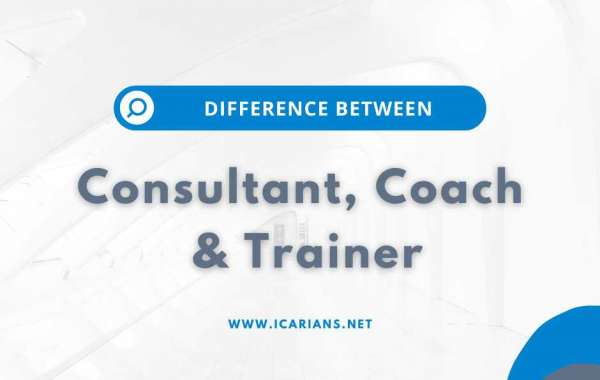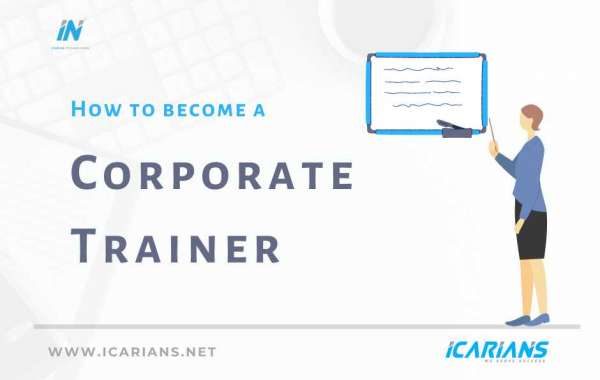A successful onboarding program sets the foundation for long-term employee satisfaction, productivity, and retention. In this article, we will explore some strategies for ensuring an effective employee onboarding experience.
Clear Communication:
One of the key components of effective employee onboarding is clear communication. It's essential to provide new hires with clear information about their roles, expectations, and organizational culture from the start. This includes communicating important policies, procedures, and company values. Assigning a dedicated mentor or buddy to guide new employees through their first few weeks on the job can also help facilitate clear communication and provide additional support.
Structured Training:
Another important aspect of effective onboarding is structured training. Developing a structured onboarding curriculum that covers essential job skills and knowledge is crucial. This can include a mix of formal training sessions, hands-on activities, and shadowing opportunities. Offering resources and materials that new employees can reference as they learn and grow in their roles can also enhance the training experience.
Personalized Support:
Recognizing that each new hire has unique needs and learning styles is essential for effective onboarding. Tailoring the onboarding experience to accommodate individual preferences and skill levels can make a significant difference. Providing opportunities for new employees to express their goals, concerns, and feedback throughout the onboarding process can also help ensure they feel supported and valued.
Integration into Company Culture:
Fostering a sense of belonging is crucial during the onboarding process. Introducing new hires to key team members and departments, encouraging participation in team-building activities, social events, and networking opportunities, and emphasizing the organization's values, mission, and vision can all help new employees align with the company culture.
Feedback and Evaluation:
Finally, soliciting feedback from new hires about their onboarding experience and areas for improvement is essential. Regular check-ins to assess progress, address any challenges, and provide additional support can also be beneficial. Using performance evaluations and goal-setting exercises to track employees' development and growth over time can help ensure ongoing success.
By implementing these strategies, organizations can create a positive and impactful onboarding experience for new employees. Effective onboarding not only helps new hires feel welcome and valued but also sets them up for success in their roles. Investing time and resources into a well-designed onboarding program can ultimately lead to higher employee satisfaction, productivity, and retention rates.













